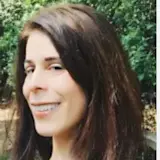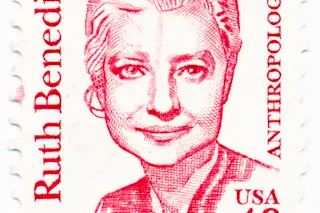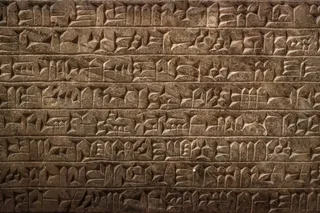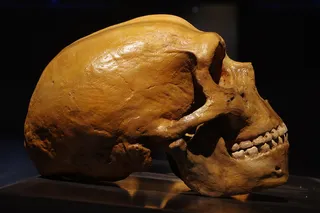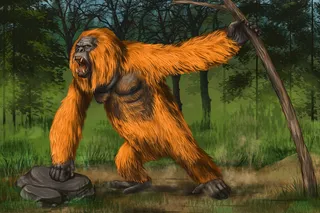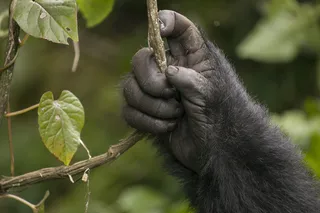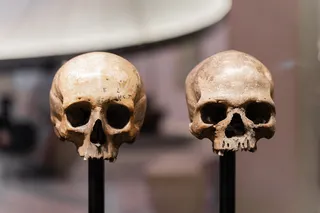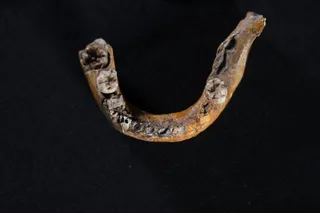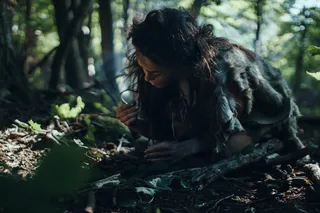Many of us are familiar with Margaret Mead or Zora Neale Hurston. However, there are other American anthropologists who may not have the same name recognition — but still have noteworthy professional contributions. Let’s take a look at five American anthropologists everyone should know.
Credit: (Solodov Aleksei/Shutterstock)
(Solodov Aleksei/Shutterstock
In 1921, when she was 34, Ruth Benedict started pursuing her doctorate at Columbia University — the institution with the first anthropology Ph. D. program in the United States. Benedict’s major contribution to anthropology was the book Patterns of Culture, which compares Zuñi, Dobu and Kwakiutl cultures. She asserted that the full possible range of human behavior isn’t incorporated into any particular culture. Instead, she believed that it’s the “personality” of a culture that establishes individuals as outcasts, misfits or successes. Aside from the books she wrote based on her anthropological work, she went on to advise the Office of War ...


